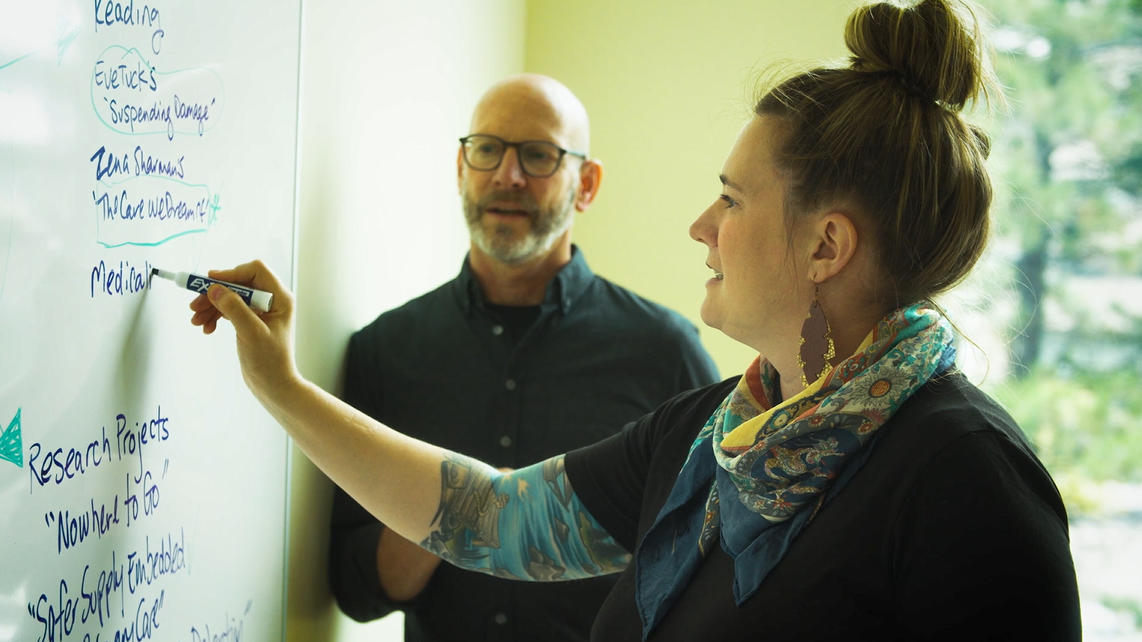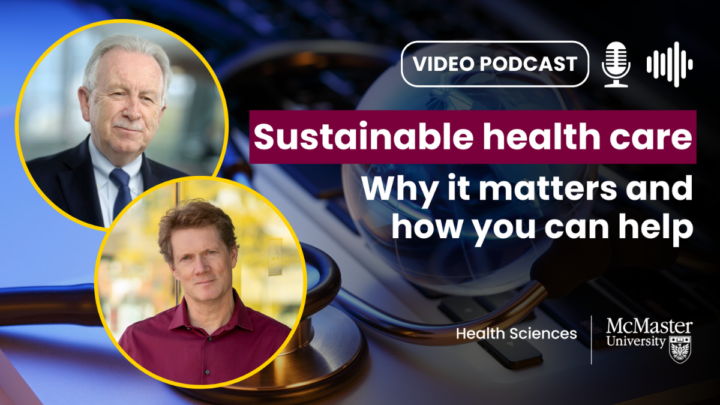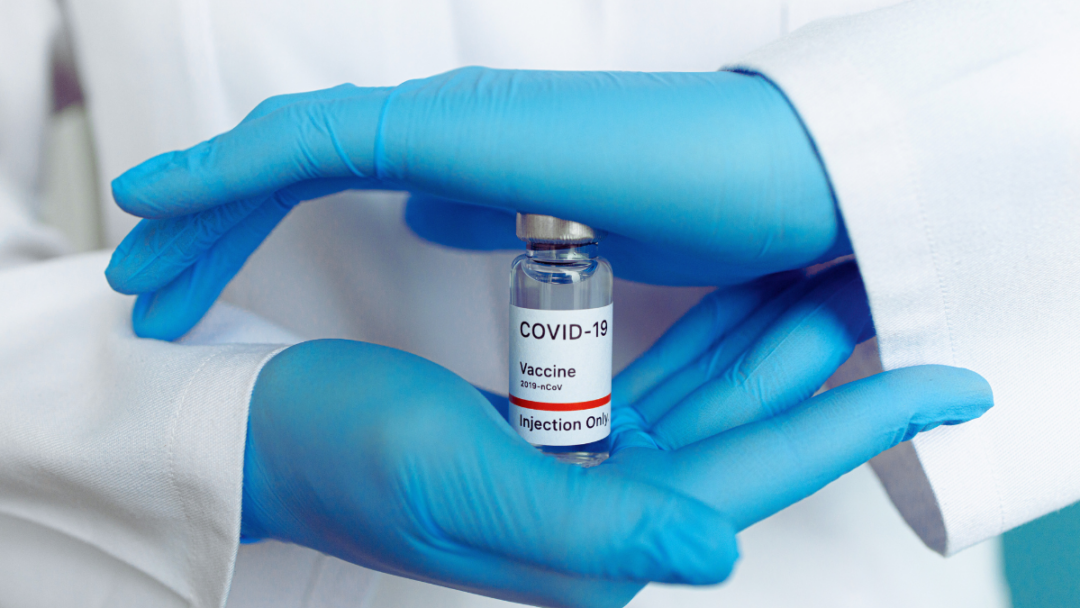Building community power through research: Reflections from a rising clinician-scholar

What does it mean to build power with communities through research? Claire Bodkin, family physician and assistant clinical professor (adjunct), explored this question through a research fellowship following her residency training at McMaster University’s Department of Family Medicine.
“I have always been drawn to family medicine because it is less about body systems and physiology, and more about people and communities. So, I also wanted to conduct research involving people and communities, and partner with them in the process,” said Bodkin.
The fellowship is offered as a one-year enhanced skills postgraduate year 3 (PGY3) for family medicine residents. The program offers salary support for fellows to build the skills to pursue an area of inquiry of their own choosing, with self-directed goals and content. Bodkin is the first to complete the program at McMaster.
Bodkin has been engaged in research throughout medical school and residency, working with Fiona Kouyoumdjian, assistant professor of family medicine, on research related to people who are incarcerated and people who use drugs. After residency, she wanted to further develop her skills as a researcher, in a practical applied manner that was family medicine focused.
Over the course of the year, Bodkin had the opportunity to learn the ins and outs of running a research program; everything from how McMaster finance works to navigating the Hamilton Integrated Research Ethics Board to training research team members offered rich lessons. She credits the opportunity to learn from authors, learners, senior colleagues, co-investigators, peer investigators and community members.
Before her fellowship started, Bodkin secured a grant from the Hamilton Community Foundation to explore the health impacts when people are temporarily or permanently banned from accessing services from emergency shelters. Titled Nowhere to Go, the research project team is made up of clinicians, people with lived experience of service restriction, and social workers who worked in the shelter system.
“Engaging people with lived and living experience in research is important for many reasons, but one is because they have insider knowledge of the community and can make sure the research is focused on solutions that would actually benefit the community, rather than just documenting damage,” said Bodkin, referencing a concept of harm in research put forward by Eve Tuck. For example, harm reduction approaches were all first developed and implemented by community members with lived experience, including providing naloxone over the counter, supervised consumption sites, and needle exchange programs.
For Bodkin, it’s also a matter of justice. She said, “as a clinician-scholar, I get a lot out of doing research in terms of job opportunities and academic promotions. I want to make sure that the research I am involved in benefits the communities I work with as well.” To that end, her project was co-led with peer investigator Jammy Lo Pierre who has contributed to everything from drafting the interview guide, to recruiting and interviewing participants, to data analysis and knowledge translation.
The Nowhere to Go project team is currently finalizing their results and preparing to share their findings. They recently hosted a community BBQ to share the results with people who have been service restricted and those that love and care for them and are preparing for a workshop with decision makers to advocate for healthier public policy and shelter practices. A final report will be available this fall that outlines their methods, research findings, and implications for practice.
As a clinician, Bodkin provides health care to people who are deprived of housing and people who use drugs, working with the Hamilton Social Medicine Response Team (HAMSMaRT) and Keeping Six – Hamilton Harm Reduction Action League. Her research is an integral part of her work with HAMSMaRT, as part of efforts to attend to the social determination of health and to include research as part of the struggle towards justice.
“This year gave me the time to reflect on the bigger questions of what kind of scholar and researcher I want to be, and how I can stay true to these values. All of this will shape the clinician-researcher I am in the future. Ultimately, I hope it will help me to make a difference in the world of primary care research and in the lives of patients and communities.”
Care of PDOH, News, ResearchRelated News
News Listing

November 8, 2024

October 1, 2024

